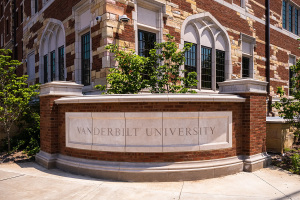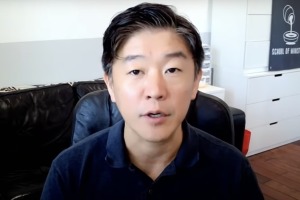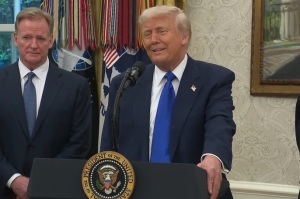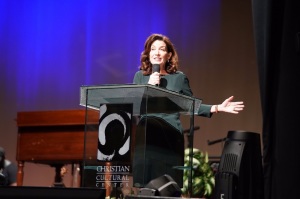Southern Baptist seminary presidents release statement denouncing critical race theory
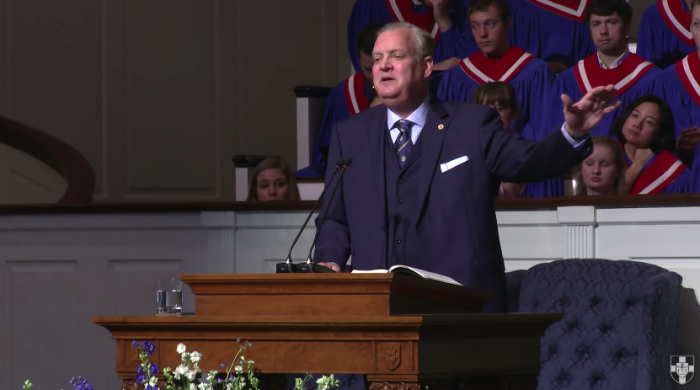
The Council of Seminary Presidents of the Southern Baptist Convention released a statement denouncing racism, but also declared critical race theory incompatible with their beliefs.
At their recent annual session, the Council approved a resolution celebrating the 20th anniversary of the adoption of the revised Baptist Faith & Message.
The Council, which is comprised of six seminaries, voted to approve the resolution marking the milestone and to reject CRT, the Baptist Press reported.
“In light of current conversations in the Southern Baptist Convention, we stand together on historic Southern Baptist condemnations of racism in any form and we also declare that affirmation of Critical Race Theory, Intersectionality, and any version of Critical Theory is incompatible with the Baptist Faith & Message,” read the Council's statement, in part.
Members of the Council included: Danny Akin of Southeastern Baptist Theological Seminary, Jason K. Allen of Midwestern Baptist Theological Seminary, Jamie Dew of New Orleans Baptist Theological Seminary, Adam W. Greenway of Southwestern Baptist Theological Seminary, Jeff Iorg of Gateway Theological Seminary, and Albert Mohler of Southern Baptist Theological Seminary.
In comments released with the statement, Mohler noted that an advocacy based on views like CRT and Intersectionality “has no rightful place within an SBC seminary.”
“The issues of Critical Race Theory and Intersectionality have arisen within the last two years as issues of controversy in the larger world, and this controversy has reached into the Southern Baptist Convention. ...
“Instructed by the Bible and motivated by the Gospel, we are called to stand together in opposing the sin of racism. We must make clear that racism has no rightful place within the SBC, our churches, or our entities,” Mohler said. ... “We are not to be guided by secular ideologies, but by the Word of God alone and in the love of Christ. I believe that Southern Baptists are up to this task.”
Allen added, “Confusion abounds on Critical Race Theory, but one thing is clear: the closer you look into the history, advocates, and aims of Critical Race Theory the more troubling it becomes."
“Unfortunately, the problem of racism still exists, but Critical Race Theory is not a biblical solution. We must be a people who stubbornly fight against both racism and Critical Race Theory, while fighting for racial reconciliation and the truth of Scripture.”
Critical Race Theorists trace their origins back to the 1970s, as activists at the time responded to what they considered the stalling and even reversal of civil rights gains from the 1960s.
According to Richard Delgado and Jean Stefancic’s 2001 book, Critical Race Theory: An Introduction, CRT is defined as a “movement” made up of “activists and scholars interested in studying and transforming the relationship among race, racism, and power.”
“The movement considers many of the same issues that conventional civil rights and ethnic studies discourses take up, but places them in a broader perspective that includes economics, history, context, group- and self-interest, and even feelings and the unconscious,” they wrote.
“Unlike traditional civil rights, which embraces incrementalism and step-by-step progress, critical race theory questions the very foundations of the liberal order, including equality theory, legal reasoning, Enlightenment rationalism, and neutral principles of constitutional law.”
Many conservatives have been critical of the movement, arguing that it wrongfully vilifies the United States and teaches a skewed interpretation of its history.
In September, President Donald Trump announced that he was halting the teaching of the theory at federal agencies, labeling it “a sickness that cannot be allowed to continue.”
Supporters of CRT have argued that programs based on the framework are crucial to promoting diversity and counter still existing racist sentiments.
USA Today reported last month that former vice president Joe Biden, the projected winner of the presidential election, will likely reverse the Trump ban on CRT materials.
















